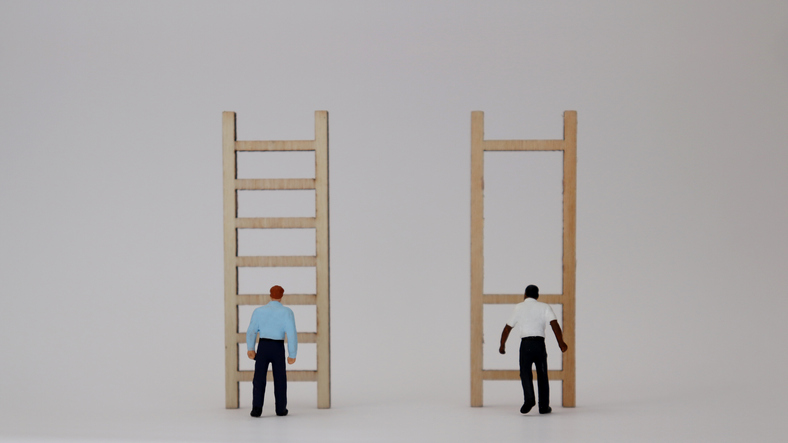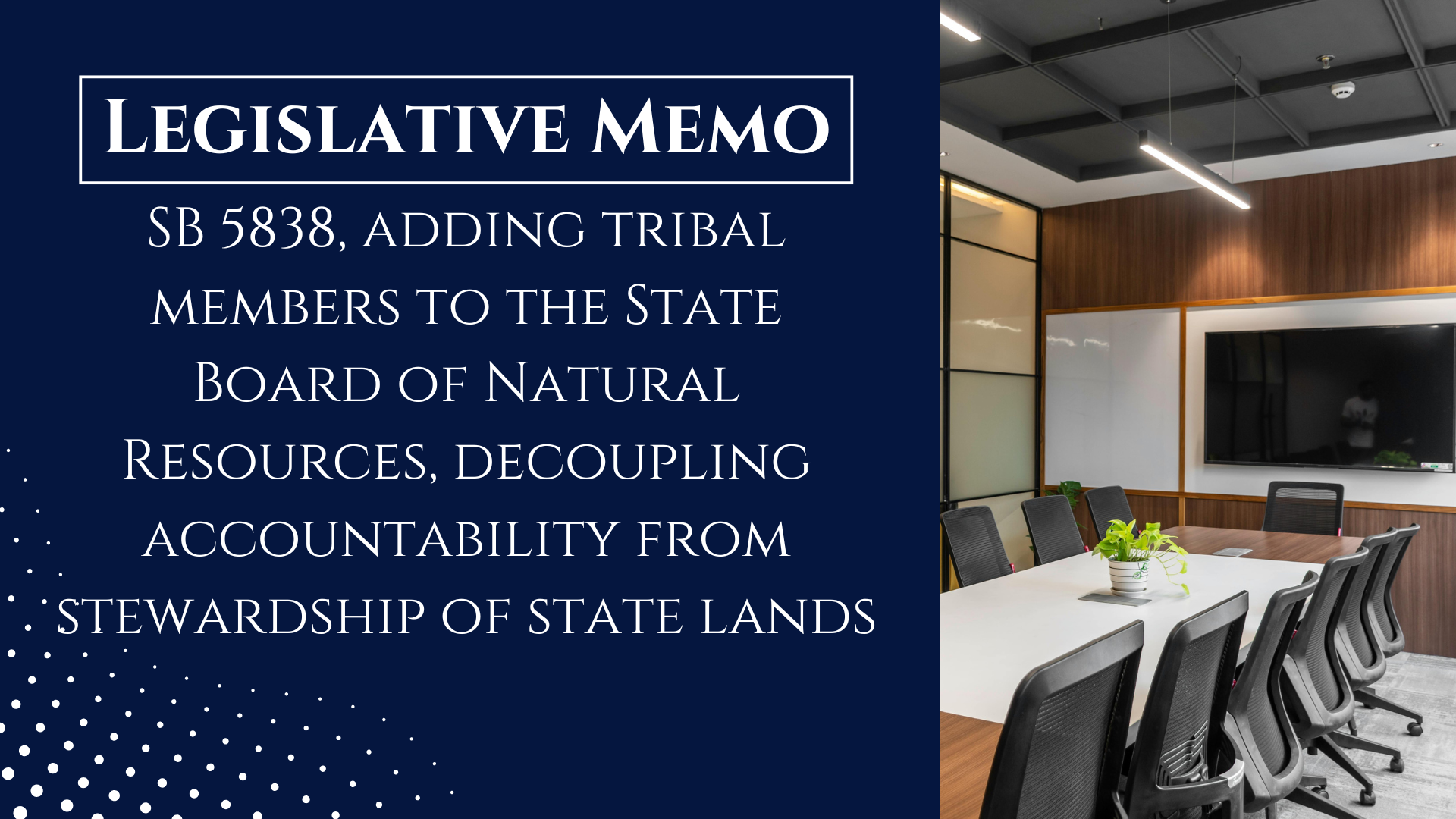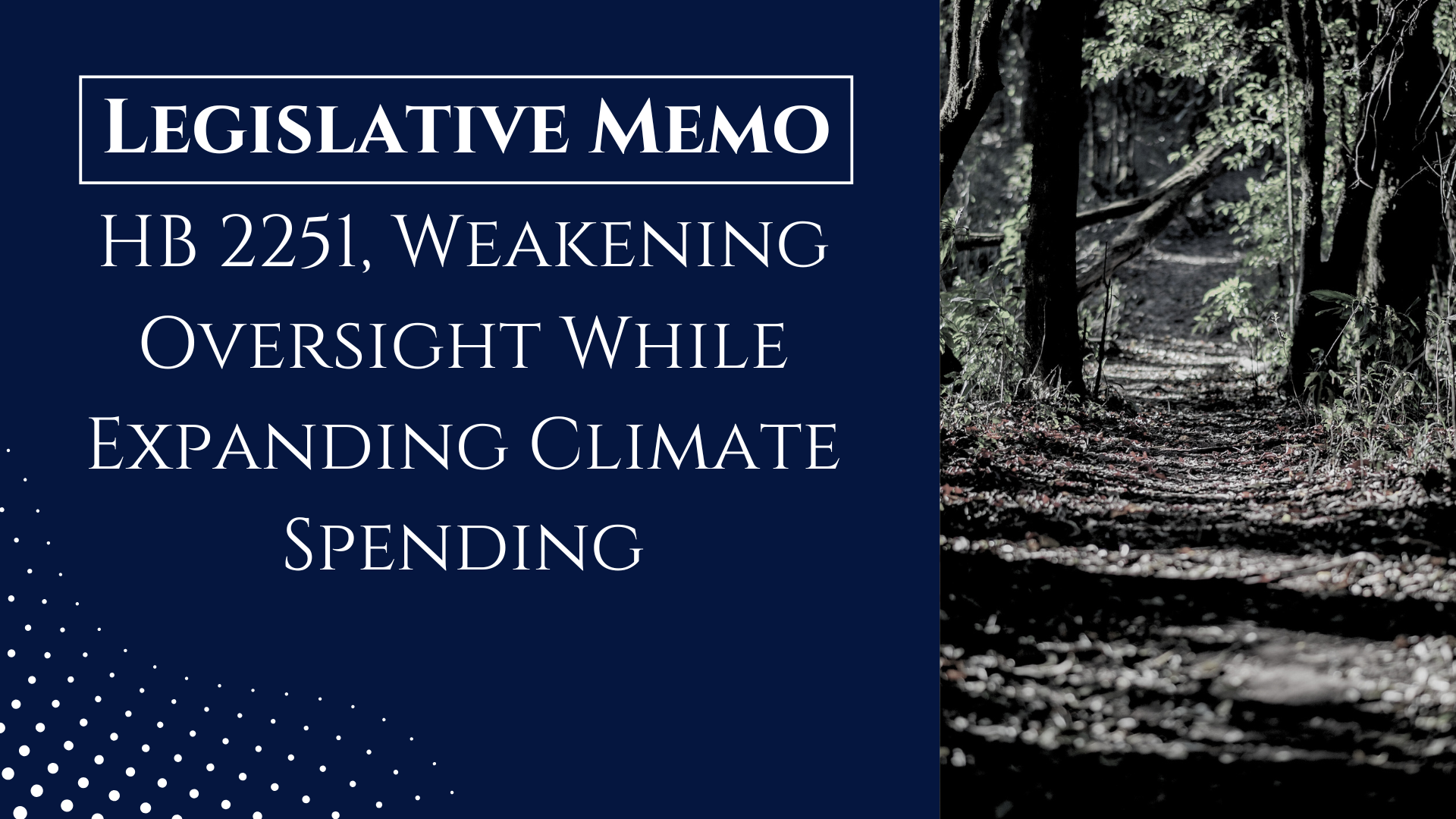There is a great deal of focus this legislative session on government institutions that have disproportionately impacted groups like immigrants and BIPOC communities. The policies that do the most harm are not the most obvious, however. Harmful policies tend to be hidden in regulatory barriers that, bit by bit, undercut opportunities for people who are already struggling.
Unfortunately, getting rid of these barriers is very difficult. The reason is, sadly, simple: those who benefit from institutions that harm Black workers, immigrants and the poor pretend to protect the public when their real priority is to protect themselves and the power they hold.
State-required occupational licenses are a perfect example of this. Legislation to reduce discriminatory licensing barriers was killed by the House Democrats’ leadership after union officials at the State Labor Council opposed them, despite the bills’ bipartisan support.
If you are seeking employment in one of several dozen job categories in Washington state, you need special government permission. To qualify for a license, workers must complete hundreds or thousands of hours of training. This is not only time consuming for people who need jobs, but it can be extremely expensive.
Washington state is particularly difficult for low- and middle-class workers looking for licenses, which requires licenses for about 77 percent of occupations for those workers. No other state is more restrictive.
It is widely acknowledged that occupational license requirements have discriminatory outcomes. In 2015, the Obama Administration released a report on the negative impact of occupational licenses. The report noted, “Lower-income workers are less likely to be able to afford the tuition and lost wages associated with licensing’s educational requirements, closing the door to many licensed jobs for them.” These restrictions are not only a barrier, but they are also inherently unfair, discriminating against people just because they are from another state or country.
“Immigrants must often complete duplicative and costly requirements in order to acquire a U.S. license in their chosen career,” the report went on to say. “In many cases, the training or experience that these immigrants acquired overseas does not count toward fulfilling the relevant licensing requirements.”
In other words, the restrictions are inherently discriminatory. This is not debatable – the data are clear.
Why then, when there is so much attention to removing exactly these kinds of institutional barriers, did a bill to remove them die? Because unions benefit from labor restrictions that give them more power.
Of course, they cannot admit this publicly, so they have come up with another rationalization: public safety.
Testifying for the State AFL/CIO, Joe Kendo cited “public safety and consumer protection” as the justification for leaving in place the costly requirements. This is the standard and vague excuse supporters of discriminatory laws have historically made.
In 1886, the U.S. Supreme Court cited the 14th Amendment for the first time to overrule the racist application of a safety standard in Yick Wo v. Hopkins, where a requirement to construct laundries from brick was used to discriminate against Chinese workers. The Washington State Supreme Court heard a case in 1907, State v. Walker, in which a woman was denied a barber’s license on the grounds that a woman could not do the job. The court upheld the denial, claiming barbers “affect directly the health, comfort, and safety of the public.”
Ironically, the court, even as it upheld the rules, admitted the purpose of the license restrictions was to protect existing barbers and lock others out, noting that such restrictions were “unreasonable and arbitrary.” The Court knew the truth in 1907. The State Labor Council, however, is stuck making arguments recognized as indefensible more than 100 years ago.
The Obama Administration report made it clear that appeals to public safety to justify discriminatory licensing do not hold water. The authors wrote that, “Stricter licensing was associated with quality improvements in only 2 out of the 12 studies reviewed.” Instead, they note that the reason for licenses has more to do with political power than safety, pointing out that, “Empirical work suggests that licensed professions’ degree of political influence is one of the most important factors in determining whether States regulate an occupation.”
Such is the case once again in Washington state, where the State Labor Council killed a job-opportunities bill to protect an institution with a long history of discriminatory application.
So, as many legislators claim to be increasingly vocal about racial discrimination, it is ironic and disappointing that rules making life difficult for those who can least afford it have been protected. More people will suffer, as those with skills who can and want to work will, instead, be locked out.
Why does employment discrimination still exist? Washington residents can look to the State Labor Council for a typical example to explain why.






